There is a moment about a third of the way into The Color Wheel where Colin's thoughts toward his sister are summarized in the statement, "You've always been a hot commodity in the world of perverts." Not that his insults are one-sided, as the entire relationship of this brother and sister is based on their annoyance with one-another and the ability to place uniquely searing insults at the feet of the other. Colin lambasts J.R. mostly for her failed dreams of being a news anchor and her taste in men (most recently illustrated in her affair with a broadcasting professor); J.R. lambasts Colin for his apathy and lack of imagination. But, as the story unfolds, it turns out that J.R. and Colin -- as cruel as they are to one another -- are only slightly less cruel than the world of their fairly privileged bubble.
Even though we see the siblings' verbal denigration as a form of nihilistic destruction, when we see it in contrast to the less openly hostile though pointedly condescending rhetoric of their "old friends" at a party, we understand that as mean as they are to each other, J.R. and Colin basically tell each other the truth. Indeed, the whole apparatus of the party at some point becomes a form of emotional torture to the two kids who were born rich and now have to navigate life with college degrees but no skills, and with just enough of an intellectualized conscience to keep them static in a world of impersonal corporations and shallow consumerism. We wait for Colin and J.R. to start verbally ripping everyone at the party to shreds but it turns out they are just as insecure as they have been accusing each other of being all along.
The surprising thing is how much I found myself connecting with these two tragic narcissists who are slowly realizing they have no one else in the world but each other. All of their angst and frustration and confusion is beautifully expressed in one bravura scene that plays out in a 9 1/2 minute take, where J.R. gives a lengthy takedown of her brother's notion of being a teacher and she basically begins describing herself and her own failed relationship with her professor. What began as yet another storied takedown of her brother transforms into an expression of her own vulnerability and naïveté. Colin, once sitting beside her while she was laying down, has now laid down beside her and seems to be falling asleep. The scene begins in a wide shot and over the course of the scene, the handheld camera slowly pushes in and reframes the two bodies as they change positions, slowly charting their doomed paths as they become intertwined over the course of her monologue. The reframing reveals the level of danger and sexual tension that leads to the moment of mutual sexual interest. It is shocking because of their familial relationship, but not random, not a form of cinematic shock.
It is the surety of Perry's work that is so striking: the way the sexual tension had been lurking in the narrative all along, the way he allowed the humous onslaught of insults to build our connection to the characters, the way Perry does not force that final moment for shock value, the way he doesn't then resolve the film trying to make it a plausible romance. There are weight to decisions and consequences. Perry realizes that. The cruelty of the world will not change, the frustrations in their relationships will not change and the difficulty in reaching their dreams will not change. But they found a way to solve one tiny problem the only way they knew how and now it will be up to them to see if they can move beyond any of this to a meaningful life.
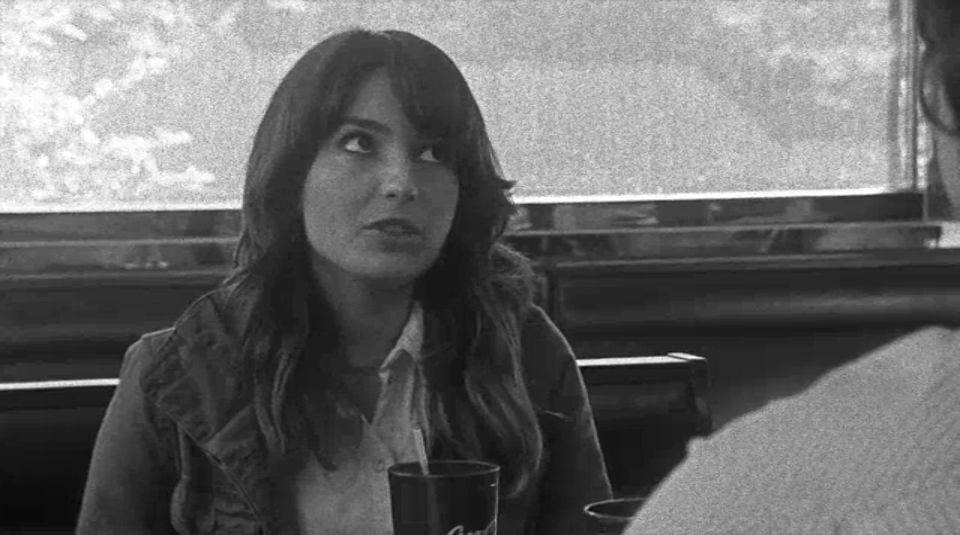
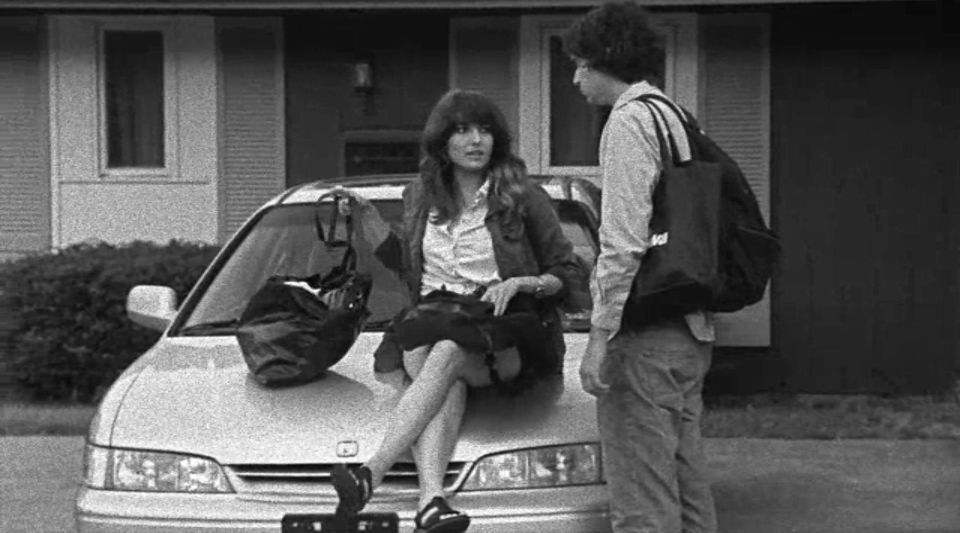
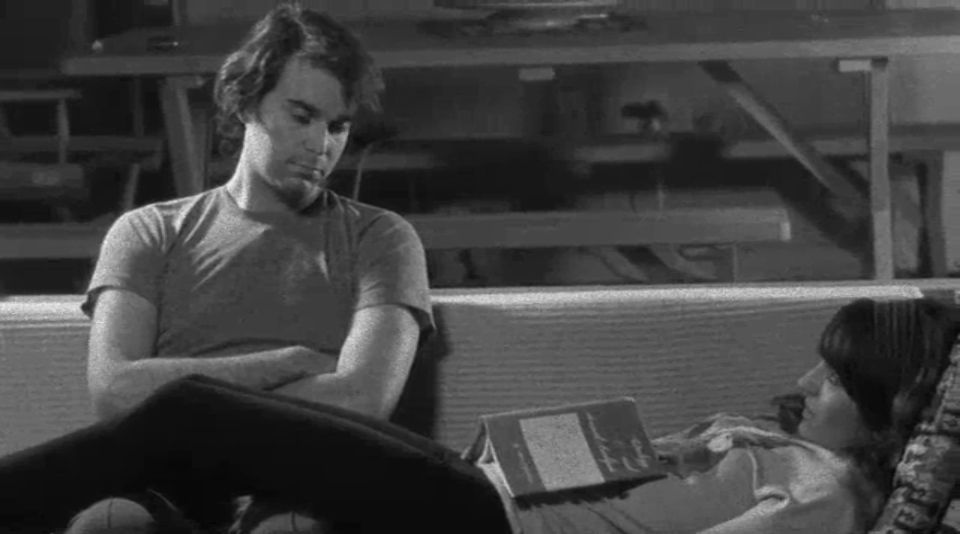
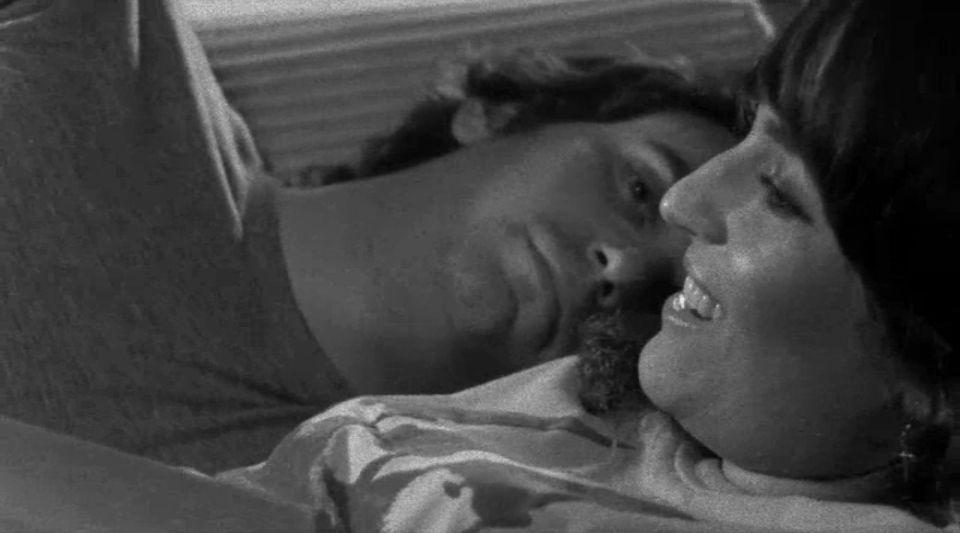
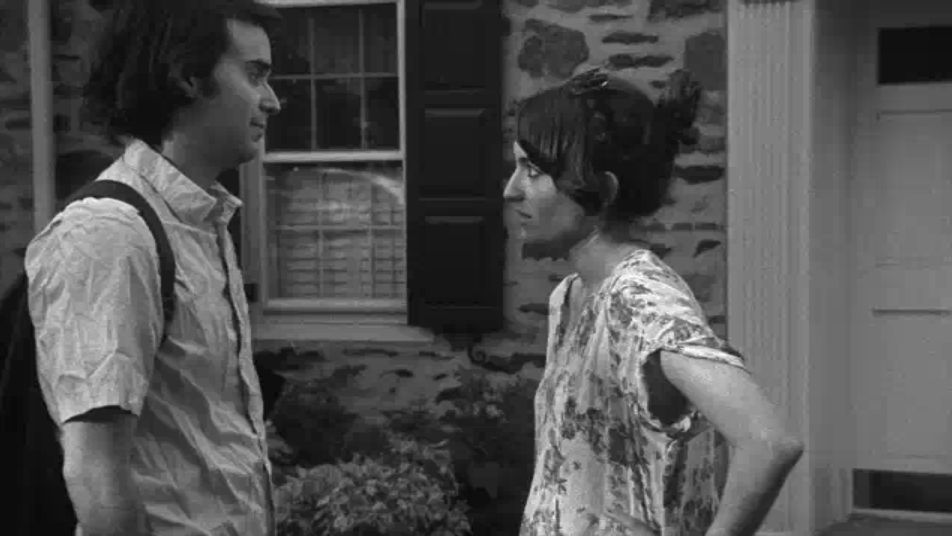
No comments:
Post a Comment